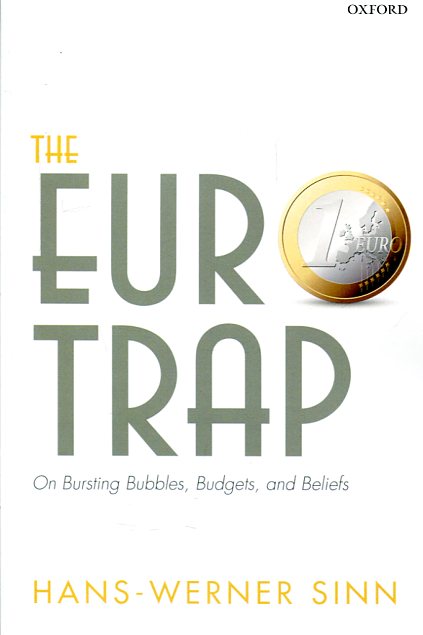Can Germany be saved?
the malaise of the world's first welfare State
- ISBN: 9780262195584
- Editorial: The MIT Press
- Fecha de la edición: 2007
- Lugar de la edición: Cambridge. Reino Unido
- Encuadernación: Cartoné
- Medidas: 24 cm
- Nº Pág.: 329
- Idiomas: Inglés

A prominent economist argues in this German bestseller that Germany can rescue its sluggish economy by transforming its social welfare system and reforming its labor market and tax structure, offering insights into economic dilemmas experienced by all advanced economies in a time of globalization. What has happened to the German economic miracle? Rebuilding from the rubble and ruin of two world wars, Germany in the second half of the twentieth century recaptured its economic strength. High-quality German-made products ranging from precision tools to automobiles again conquered world markets, and the country experienced stratospheric growth and virtually full employment. Germany (or West Germany, until 1989) returned to its position as the economic powerhouse of Europe and became the world's third-largest economy after the United States and Japan. But, in recent years, growth has slowed, unemployment has soared, and the economic unification of eastern and western Germany has been mishandled. Europe's largest economy is now outperformed by many of its European neighbors in per capita terms. In "Can Germany Be Saved?" , Hans-Werner Sinn, one of Germany's leading economists, takes a frank look at his country's economic problems and proposes welfare- and tax-reform measures aimed at returning Germany to its former vigor and vitality. Germany invented the welfare state in the 1880s when Bismarck introduced government-funded health insurance, disability insurance, and pensions; the German system became a model for other industrialized countries. But, Sinn argues, today's German welfare state has incurred immense fiscal costs and destroyed economic incentives. Unemployment has become so lucrative that the private sector, already under pressure from international low-wage competitors, has increasing difficulties in paying sufficiently attractive wages. Sinn traces many of his country's economic problems to an increasingly intractable conflict between Germany's welfare state










